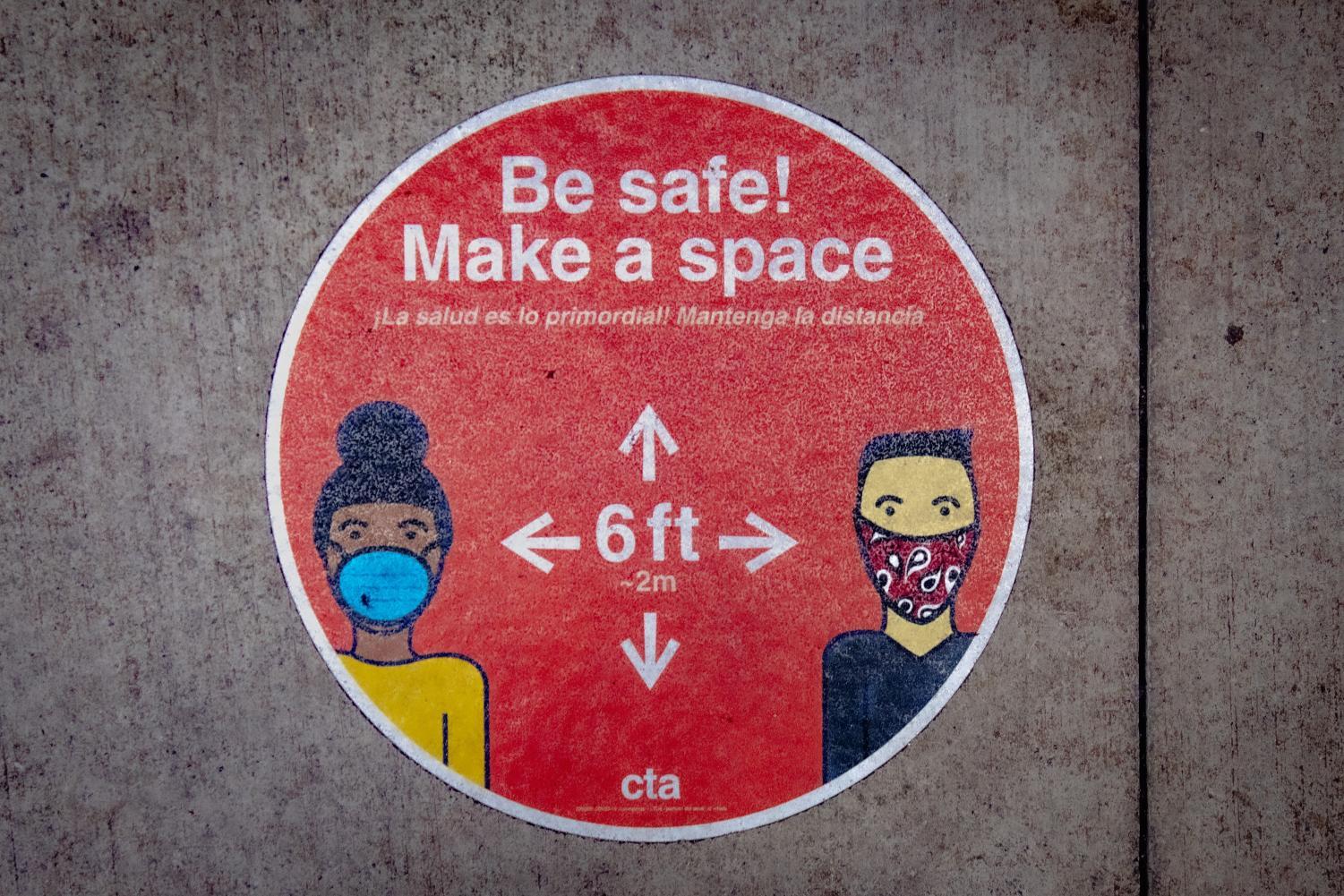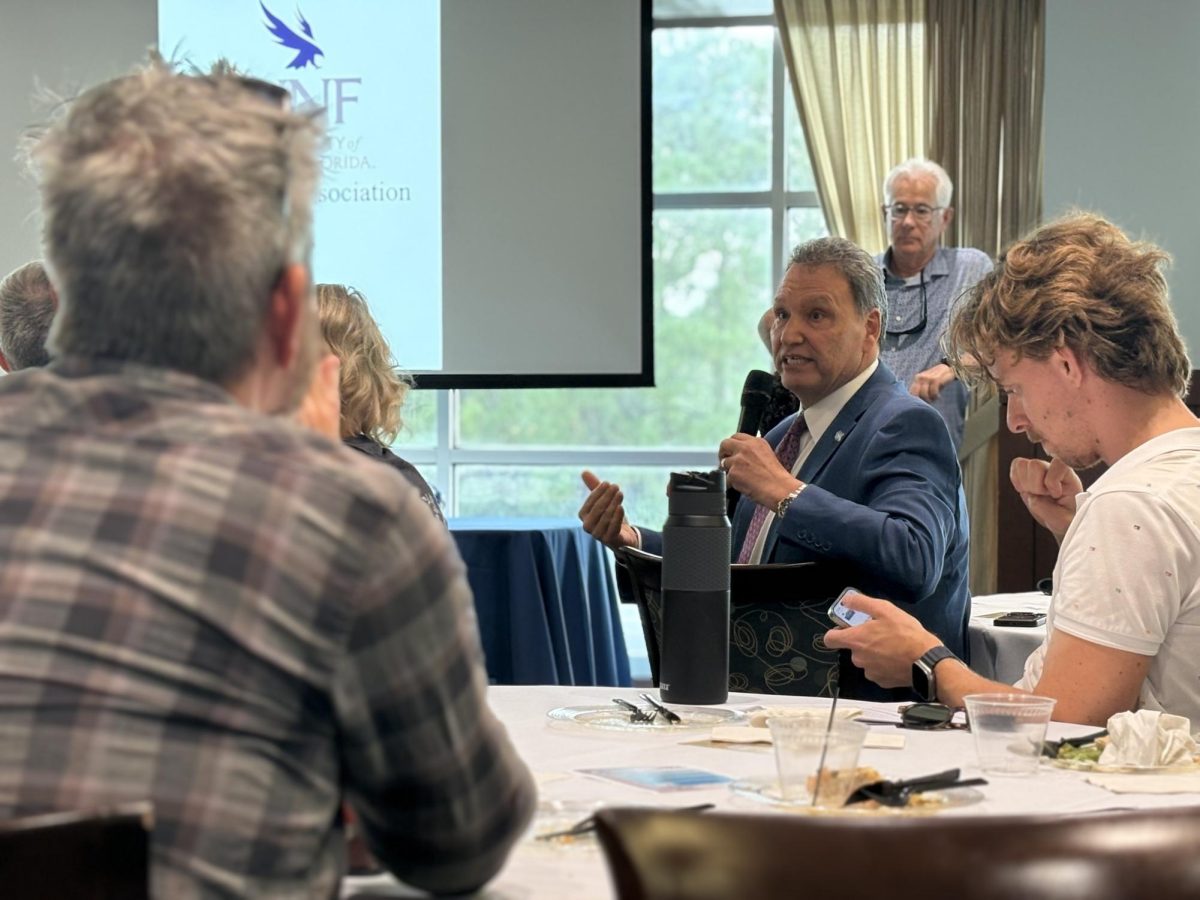It has been two years since the onset of the COVID-19 pandemic. During this time, we learned how to live differently. That is to say, we learned how to live apart. Precautionary measures like social distancing and mask-wearing served to slow down the spread of the virus. However, it also affected an important human quality—togetherness.
When the pandemic first hit, I remember the feelings of fear and nervousness that sank in shortly after its arrival. The plan to slow its spread, though uncomfortable, was rather simple—lockdown, which would later become synonymous with quarantining.

Despite the conceptual simplicity of the lockdowns, people struggled to stay away from one another. One of the most troubling and controversial scenes from the beginning of the pandemic had to do with packed beaches filled with teenagers and young adults celebrating spring break. Of course, these images, circulating in an already hostile environment, caused an uproar of anger, adding fuel to the fire of the “generation wars.”
Those ill-timed celebrations were clearly wrong and, in the context of the situation, were acts of rebellion. Large communal gatherings existed well before the pandemic and the inception of spring break, and the growing separation among Americans started long before COVID-19.
TV has been a mainstay of American entertainment for decades. It turned our homes into mini-theaters in which we crowded around it to watch whatever was airing. With that being said, TV now is not the same as TV of the past.
54.3% of American TV watchers watched alone. In previous eras, this concept would have been a rarity, but in today’s time, there is a new product challenging small-screen viewership—streaming.

Streaming allows viewers to watch a variety of programs at their leisure without having to stick to a strict schedule, unlike broadcast TV. As of 2021, one year into the pandemic, it surpassed broadcast TV in terms of viewership. Has the togetherness of previous decades been traded for isolated voyeurism?
Before I answer that question, I think it’s important that we understand the cultural grounds on which American civilization stands. Our country is filled with horrific sins and crimes against several oppressed communities. Yet, there has always been a sense of persistent but paradoxical longing to be together. And, with other staples of togetherness like family dinners declining, it would appear that TV is one of the last cultural bulwarks still promoting togetherness.
As I began to try to answer the question, I pondered the importance of streamed media. The pop culture that a generation consumes can tell a lot about them, and how they consume it can sometimes say just as much.
In my amateur research, which mostly included browsing through Hulu, I noticed something that I’ve seen and heard several times but had never paid attention to. Streaming services all have some form of acknowledgment as to what shows are “trending.”
Trending is a term that is now used to encompass anything that’s relevance is connected to a cloudy understanding of its permanence. However, it also shows what we are paying attention to in unison.
As I mused over the concept of trending, it appeared to me that isolated voyeurism was not so isolated at all. Furthermore, with many sporting events recording higher viewership and with the constant coverage of the Jan. 6 trials, it appears that togetherness, in fact, still exists. Essentially, it’s not how we watch that’s so important, but what we watch.
Streaming allows us to watch sitcoms, dramas and all types of fictional works at our leisure, which in turn could cause our appetites for them to change more often because of our many options. This could then lead to a desire for more reality-based programming, hence the success of sports television and political trials.
There are, of course, several other forms of togetherness that were not explored in this article. Church, concerts, online gaming and just sitting with friends can be experiences that connect us.

As times change and we start to develop more polarizing views leading to separatism, it’s important to remember the values we share.
What makes us alike is just as important as what makes us different.
___
For more information or news tips, or if you see an error in this story or have any compliments or concerns, contact editor@unfspinnaker.com.
















